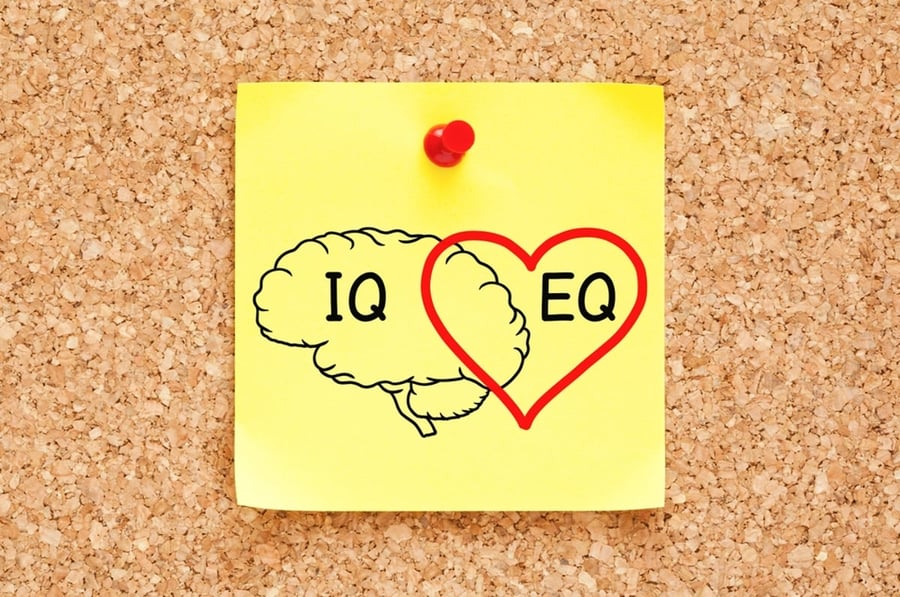
IQ, or amount of intelligence, measures cognitive abilities such as logical thinking, math skills, and verbal skills. It's a measure that relates to academic and professional achievement.
EQ, on the other hand, refers to emotional intelligence. It includes skills such as identifying and managing emotions, understanding and empathizing with others, and navigating social complexities. While IQ "opens gates" to opportunities and recognition of mental skills, EQ determines how you build relationships, resolve interpersonal conflicts, and inspire others. Many studies emphasize EQ as a greater predictor of success in life than IQ.
Here's why:
Better relationships: People with high EQ understand their emotions and can empathize with others, cultivating deeper and more meaningful connections.
Adaptability: Emotional intelligence allows people to stay calm under pressure and adapt to changing circumstances – key to resilience in both personal and professional lives.
Leadership and influence: Leaders with high EQ are better at motivating teams, managing conflicts, and guiding others through challenges.
Stress management: Understanding and regulating emotions help people cope with stress effectively, and maintain their mental health.
While IQ measures intellectual abilities, EQ encompasses the human side of intelligence—the ability to connect, adapt, and thrive in a complex social world. Success in life has to do with 'how much you know', but mostly has to do with 'how much you know to apply what you know in an empathetic way'.
As the saying goes, "People don't care how much you know until they know how much you care." In today's world, emotional intelligence is not only important – it is necessary.
By cultivating self-awareness and empathy, we can elevate not only our lives but also create positive influences around us and this is intelligence at its best.
* Kikar Shabbat contributed to this article.




















1 Comments